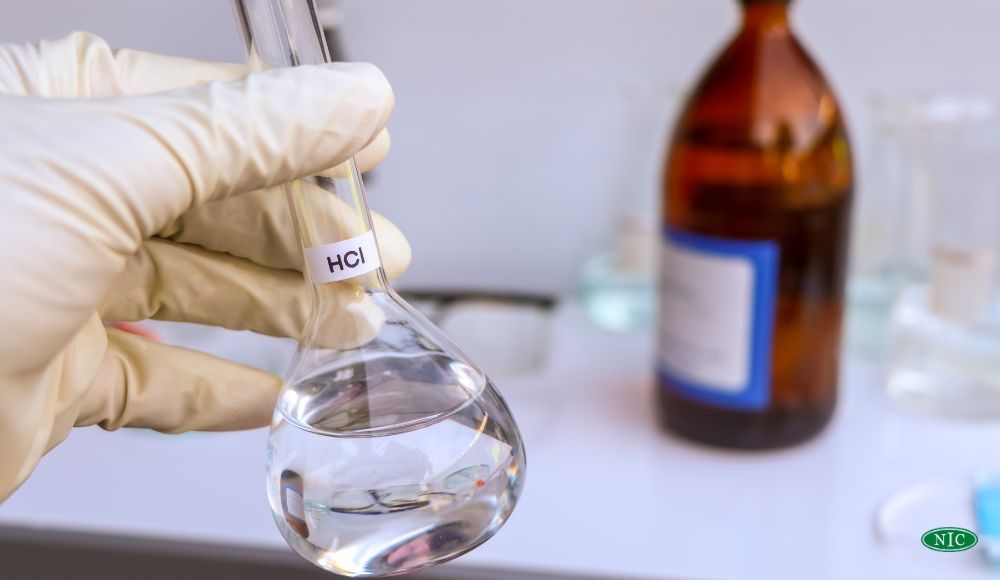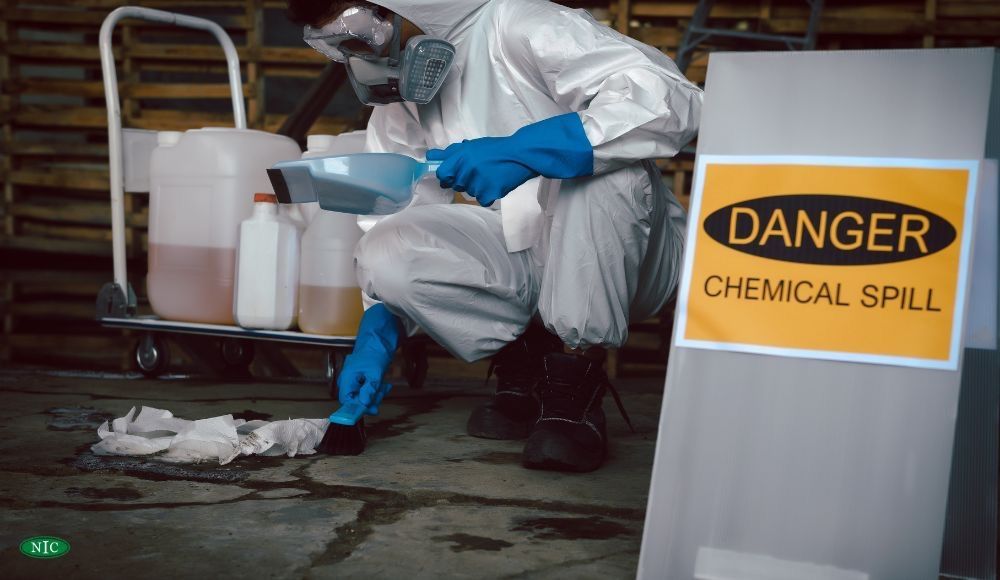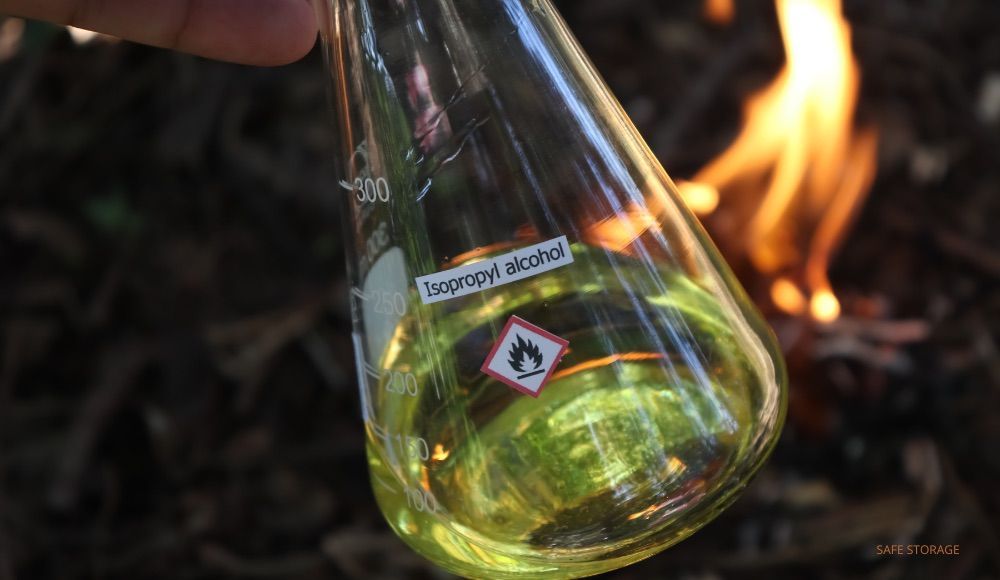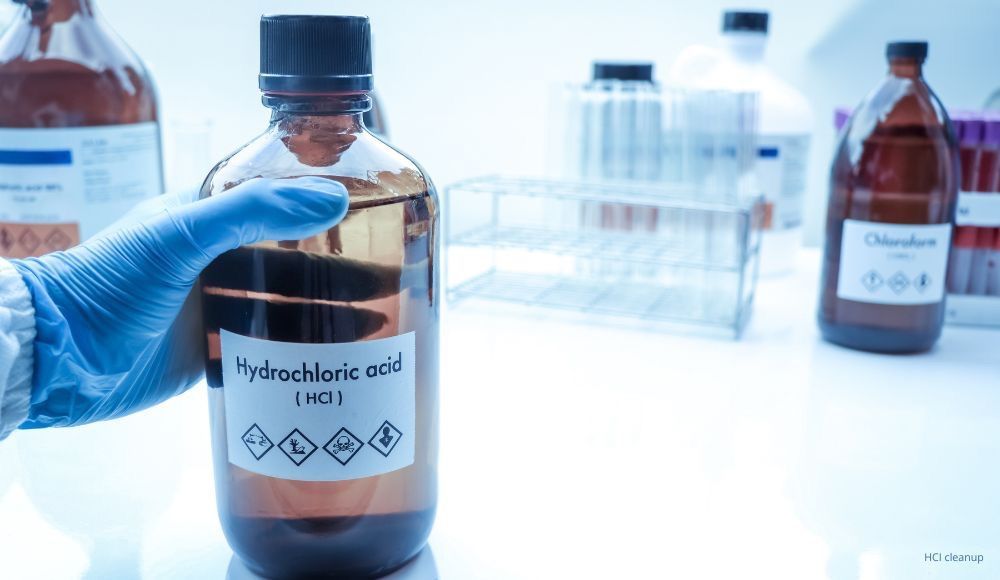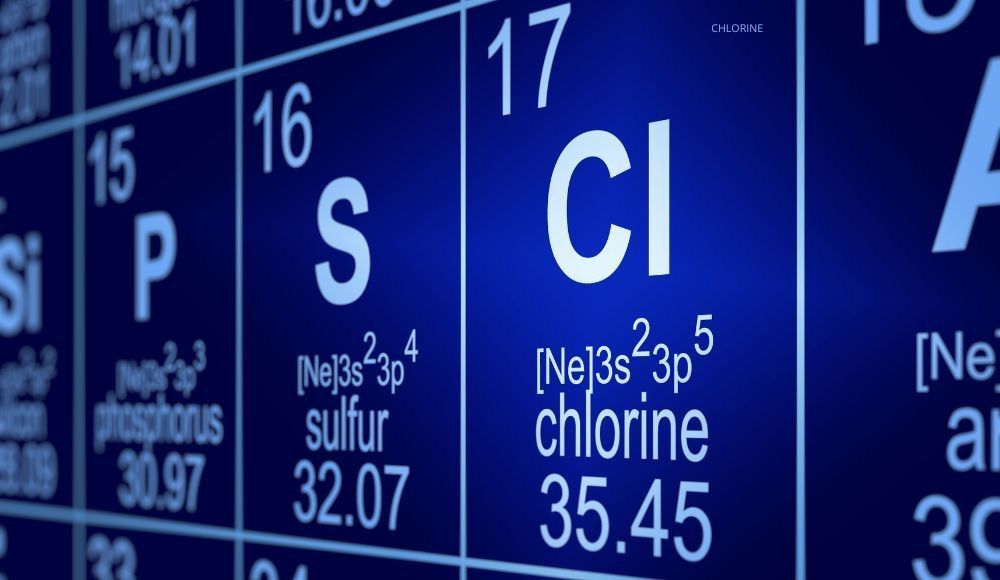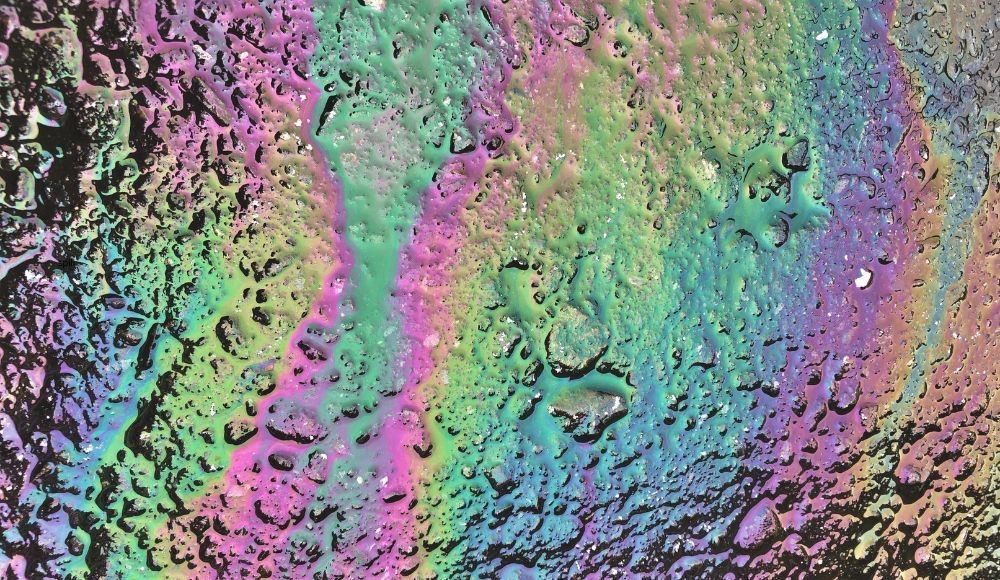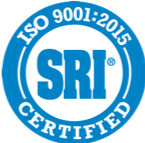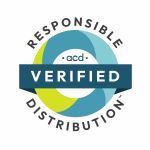Chemical Waste Treatment Plant: How Organisms Break Down Waste
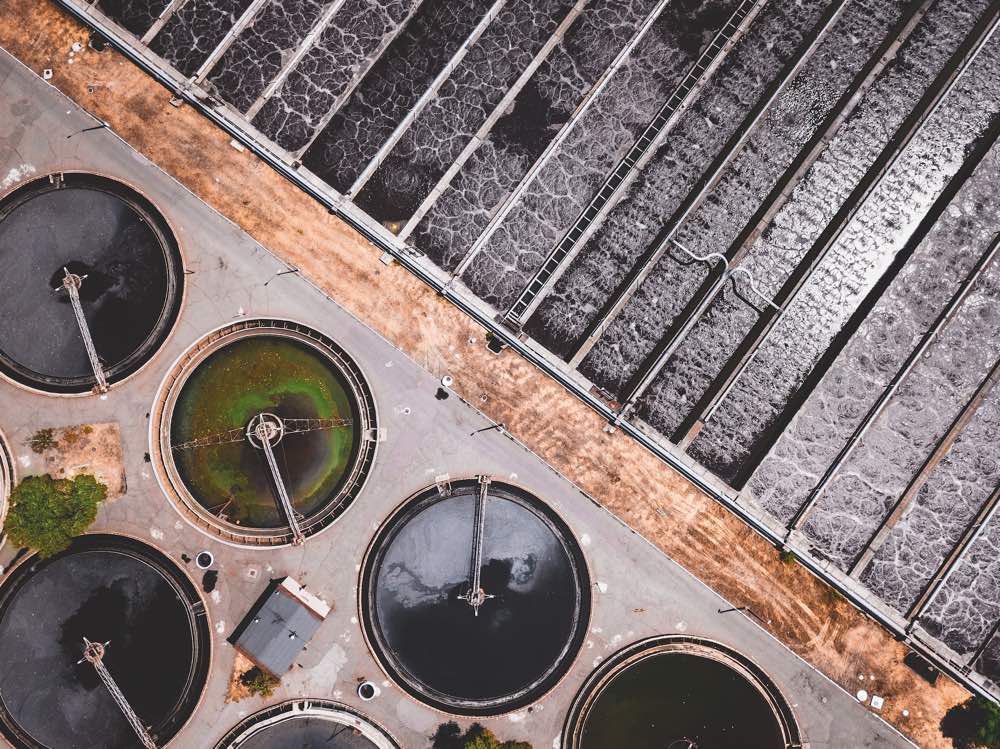
You might imagine that fancy technology treats waste. However, that’s not usually how it works in practice. Instead, trillions of microbes with sophisticated internal machinery do all the heavy lifting for us. All we need to do is create conditions where they can thrive.
This post explains the role of microbes in treatment plants and how they assist. Then, we explore some of the benefits of using bacteria in sewage treatment and the types of organisms that break down chemical waste.
Understanding the Role of Bacteria in Treatment Plant Processes
As you might expect, microorganisms are a natural occurrence in wastewater. Historically, wastewater flowed untreated into streams, rivers, and the ocean and broke down naturally. Microorganisms would get to work on it, just as they would any other biological waste, turning it into harmless byproducts, like carbon dioxide and soil.
However, modern cities and industries produce too much wastewater for nature to handle. The sheer volume of material flushed into sewers is tremendous. Therefore, chemical waste treatment gives it a helping hand.
The form this treatment takes depends on the substances that require removal. The primary method for biological waste starts by letting sewage flow through a screen. This system collects any objects that won’t break down naturally.
Next, sewage goes through a grit chamber filled with sand and small stones. This component removes any additional grit. Sewage solids fall to the bottom of the tank, where operatives can collect to use as fertilizer or incinerate.
This process removes around 85 percent of solids, but harmful levels can remain in built-up areas beyond what the environment can sustain. Therefore, many waste treatment plants employ secondary methods to speed up the activity of bacteria in wastewater, enabling them to break down solids more rapidly.
One method involves pumping sewage sludge from a settling tank to an aeration tank. Conditions let bacteria multiply more rapidly, with operatives sustaining high populations by recycling bacteria back into the tank when new solids arrive.
Of course, bacteria can’t remove all chemicals from wastewater. Heavy metals, chemical compounds, and toxic substances are likely to remain.
However, there are options to deal with these, too. One option is to pre-treat potentially harmful industrial waste. Removing chemicals at the source makes wastewater easier to process.
Other techniques include wastewater distillation, reverse osmosis, and carbon absorption. The techniques wastewater processors use depend on the known incoming contaminants.
Benefits of Using Bacteria in Sewage Treatment
The benefits of using bacteria in sewage treatment are significant. For example, these microorganisms can:
- Decompose almost all organic matter in sewage into harmless byproducts, including human and food waste.
- Treat sewage cost-effectively using energy already available in wastewater
- Require little additional energy to remain active
- Reduce the formation of sludge, cutting down on the volume of biosolids requiring removal
- Take nitrogen and phosphorus out of wastewater, reducing the pollution caused by effluent (treated water that leaves the chemical waste treatment plant)
- Reduce the proliferation of harmful or pathogenic bacteria by out-competing them
- Adapt to various wastewater content and temperature conditions
- Make water sufficiently pure for direct reuse in industrial or agricultural processes
Organisms Breaking Down Chemical Wastes in Treatment Plants
So, what organisms break down chemical wastes in a treatment plant? Let’s take a look.
Aerobic Bacteria
Aerobic bacteria take in oxygen and spit out carbon dioxide and water, like humans, to carry out their metabolic processes. This feature lets them extract energy from a wide array of biological compounds.
Anaerobic Bacteria
These bacteria operate differently and can digest matter in the absence of oxygen. Enzymatic reactions let them break down tough-to-digest compounds, producing methane and carbon dioxide as byproducts.
Nitrifying And Denitrifying Bacteria
Nitrifying bacteria take ammonia in wastewater and convert it into nitrite and nitrate. Nitrates are significantly less harmful than ammonia and simply released into the atmosphere.
Denitrifying bacteria turn nitrates into nitrous oxide or laughing gas. This process helps wastewater operatives prevent too much nitrogen in nitrate from entering the atmosphere.
Phosphorus-Accumulating and Sulfur-Reducing Bacteria
Finally, phosphorus-accumulating and sulfur-reducing bacteria enable operatives to control sulfur and phosphorus concentration in wastewater. The former removes phosphorus via a process of cell accumulation, while the latter takes dangerous sulfate ions and turns them into smelly hydrogen sulfide gas.
Enhancing Treatment Plant Performance through Biological Waste Breakdown
In summary, treatment plants can improve biological waste breakdown by leveraging the power of various bacterial species and continually recycling them when new sewage arrives. It’s safe, energy-efficient, and sustainable. Plants can also use chemicals to improve effluent quality before releasing it back into nature.
Contact the Wastewater Treatment Chemical Experts
Please contact North Industrial Chemicals for all your wastewater management chemical needs. Our friendly experts offer a full line of wastewater treatment solutions at very competitive prices.
